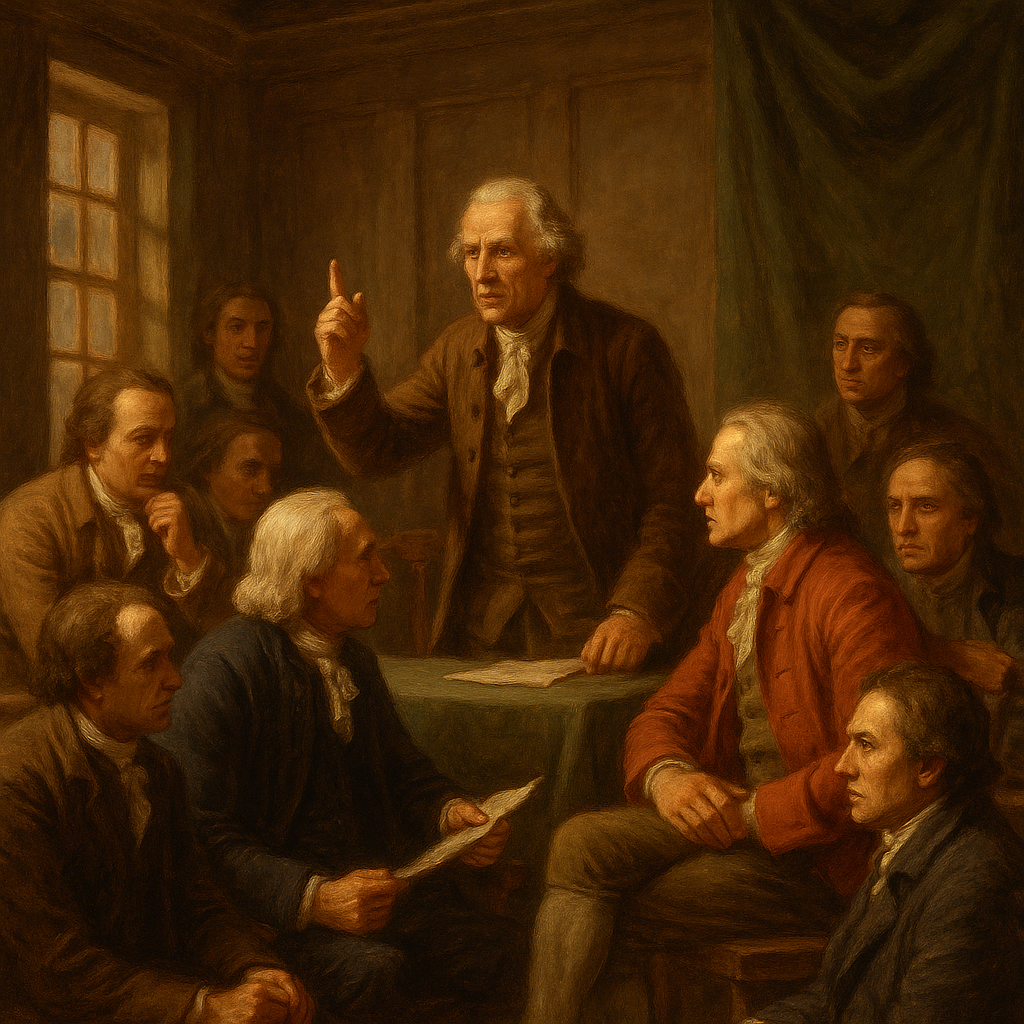Duty may be said to be either contingent or perfect…what is right in itself is perfect duty; that for the doing of which a satisfactory reason can be given is a contingent duty. - Cicero
I think much of the confusion surrounding discussions of duty (and morality in general) stems from a failure to differentiate between perfect and contingent duties. For example, I have a perfect duty to provide for my family’s well-being in all respects: physical, spiritual, educational, financial, etc.
Conversely, my duty to my employer extends only as far as is outlined in my employment contract. Once that contract is either terminated or violated, both my employer and I are released from the mutual obligations associated with it. Therefore, my duty to my employer is a contingent duty.
We see the importance of this distinction in the decisions that led to the American War for Independence. Prior to July 1776, the American colonists recognized their contingent duty of allegiance to the British king. But they also recognized their perfect duty to defend and preserve American liberty for themselves and their descendants. When these two duties came into conflict, they prioritized their perfect duty over their contingent one.
A good question to ask oneself periodically is: "What contingent duties am I treating as perfect, and what perfect duties am I treating as contingent?" The better we can distinguish between our perfect and contingent duties, the better we can prioritize the latter and the more sure we will be of the moral decisions we make.


